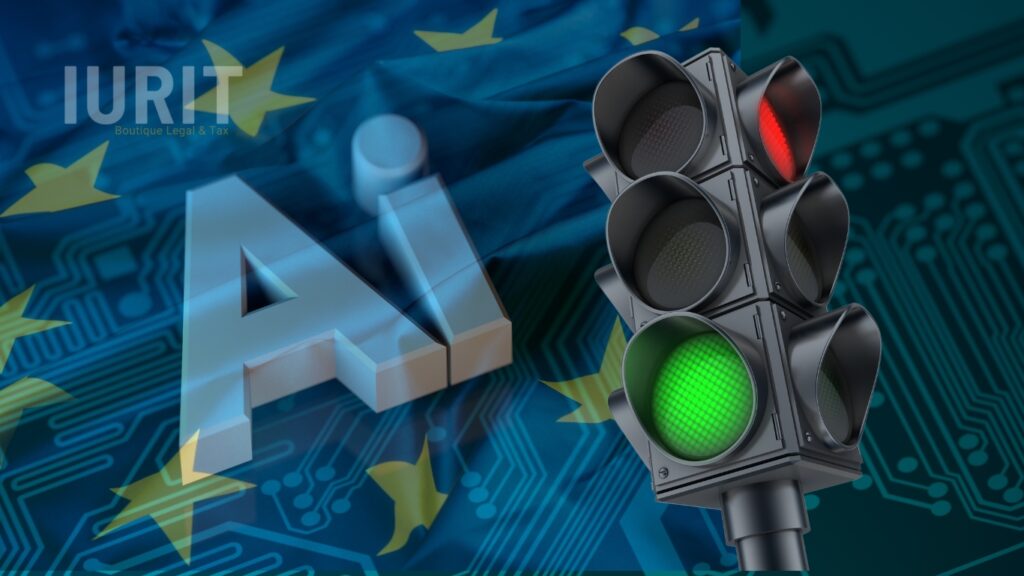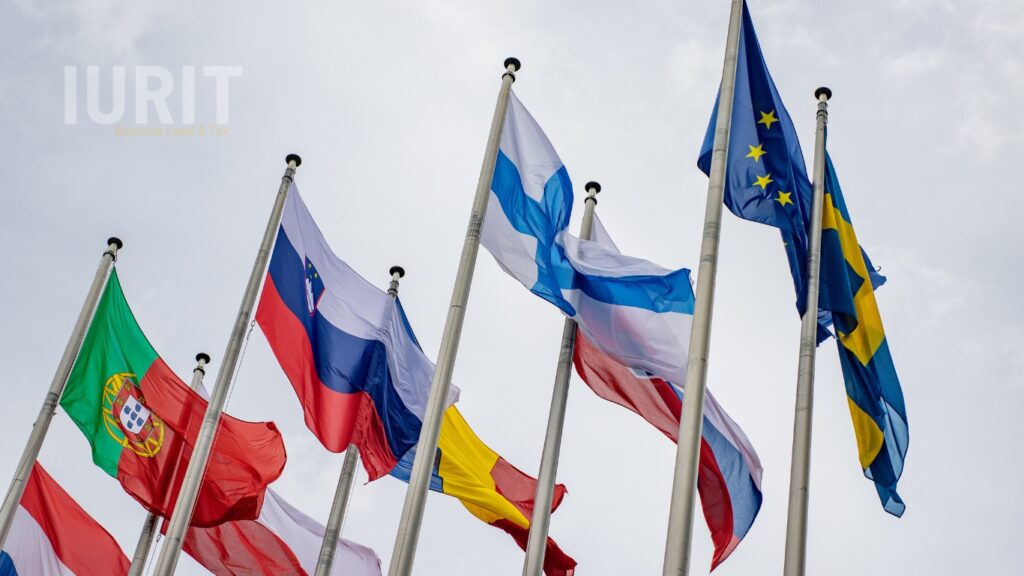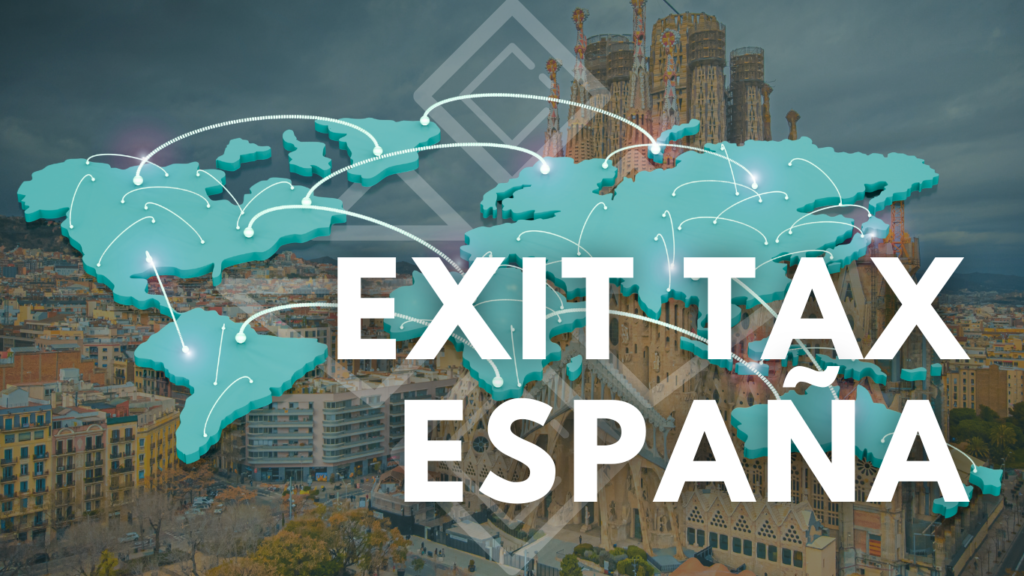
From the past 2023 , the Artificial Intelligence has revolutionized the world. Open AI it positioned itself as the first company in less than 2 months to reach 100 million active users on its platform, something that other social networks such as Instagram, Facebook or TikTok it took more than 5 months or even years to reach these numbers.
Without a doubt, the anger of the AI is still in force in the society using an average of 3-4 queries per day per active user on the platform. They have often been raised whether it would be possible delete jobs and in my humble opinion, I think that will be more than a deletion, an adaptation to this emerging technology as optimized processes are created for the companies.
Currently, regardless of the industry or niche, there is at least one application Artificial Intelligence to do in minutes what once took hours.
That is why, today I want to talk about the concern and new regulations that already have a green light at the European Parliament. With 523 votes and only 46 against clearly identified the need to begin to regulate this new subject matter. This is a historic milestone for the fact that it would be the first law of AI is created.
This means that all companies within the breast used AI generative or of any other nature as well as indirectly-will have to train their employees in it.
The main objective of the law is transparency, to ensure the rights of the citizens as well as to prevent and prohibit different practices, in my sense of seeing, abusive, how the case which we have recently seen “WorldCoin”.
Proposed Rules
Some of the proposed rules in this Bill are the following:
- address the risks created specifically for the applications of AI;
- prohibit the practice of AI that pose unacceptable risks;
- determine a list of high-risk applications;
- establish clear requirements for the systems of AI for high-risk applications;
- define specific obligations implementers and providers of applications of IA in high-risk;
- require a conformity assessment prior to the commissioning or the introduction into the market of an AI system determined;
launched after the introduction in the market of an AI system determined; - establish a governance structure at european and national level.
The law will enter into force 20 days later with its publication in the Official gazette, and shall be fully applicable to two years after, with a few exceptions such as the prohibitions, which shall come into force after six monthsthe rules of governance and the obligations for the models of AI general-purpose, shall apply after 12 months and the standards for systems of AI, built-in regulated products, shall apply after 36 months.

For this, the EU will create different european offices of the AI to review the compliance. That instance will be able to impose fines ranging from 7.5 million euros or 1.5% of the turnover of the undertakings concerned- up to 35 billion euros, or 7% of global turnover, depending on the violation and the size of the company.
Conclusion
Our personal opinion regarding this issue is very clear, since the law in many areas is lagging behind the technology being matters empty or alegales, so that proliferate a regulation, positive and not excessive, will be able to pass the 3% of the total of the multinational AI that are located in the heart of europe and to a higher percentage.
The regulator has the ability and power to make a space more optimal for the proliferation of companies, because otherwise China and the US will continue to head the multinational AI largest currently.
What think you? I love leeros in comments.




